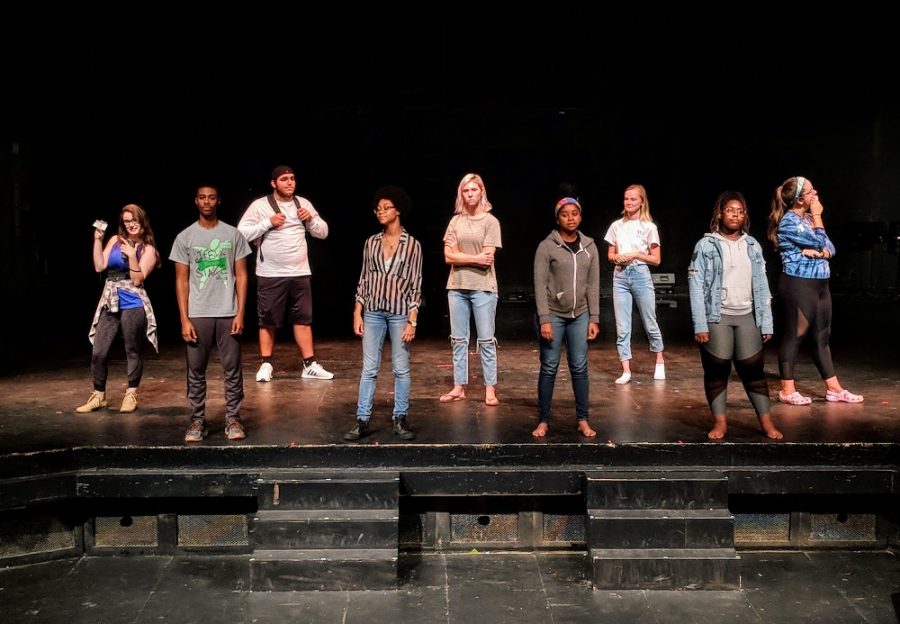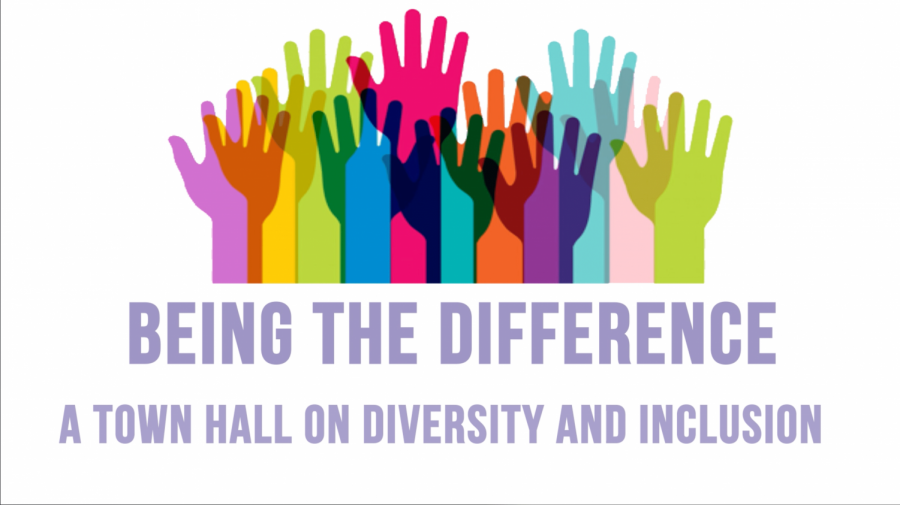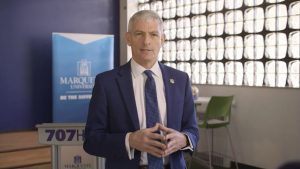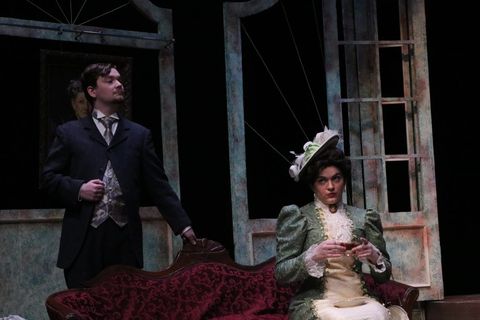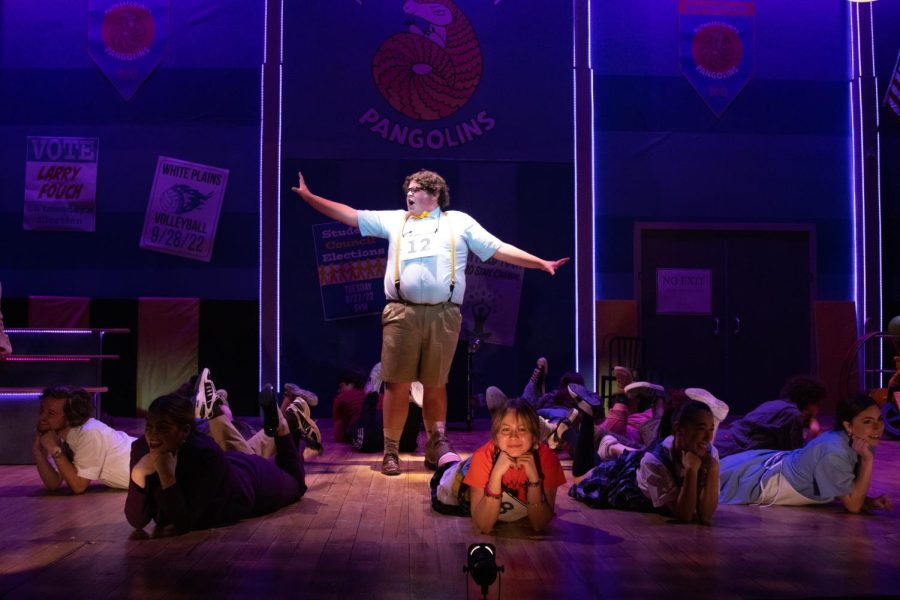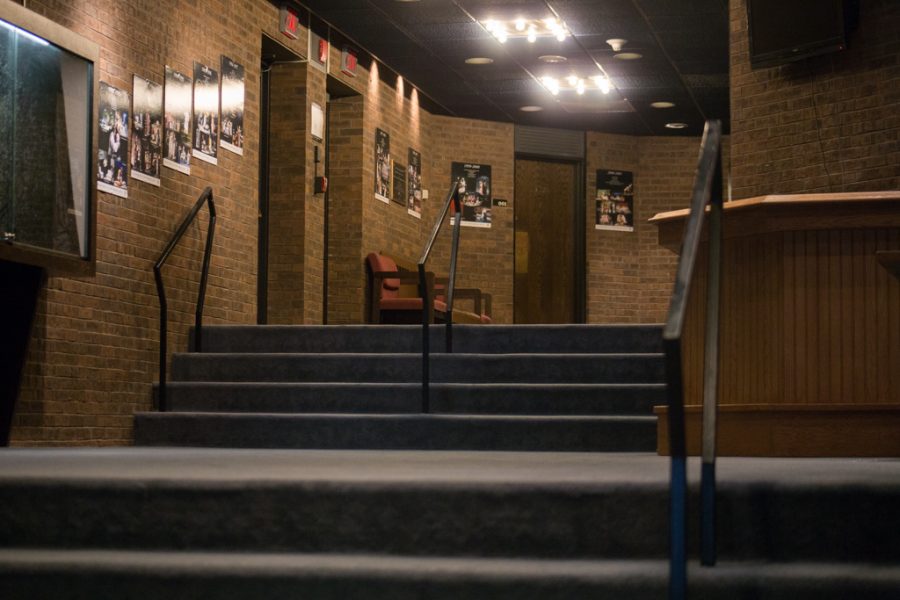Marquette University’s Women’s Innovation Network and Center for Intercultural Engagement partnered with Funky Fresh Spring Rolls to host a dinner and discussion Sept. 1.
“White Privilege,” a theater production written by Malaina Moore, a junior in the College of Communication. The play was nonfiction, and focused on realities of a black person’s experiences in America.
“I wanted the play to be informative but also have a strong black voice,” Moore said.
The production was entered in the Kennedy Center American College Theatre Festival (KCACTF), which aims to identify and promote quality in college-level theater production. The play is going to the regional level, and if it does well, it will enter the national level at the Kennedy Center.
Will Knox, a sophomore in the College of Communication and an actor in “White Privilege,” and said that being in the play was eye-opening and educational.
“I am more likely to stand up and speak out against any racial injustice I see happening,”Knox said.
Sasha Parsons Waters, WIN’s coordinator, organized the events before and after the play. WIN provided free tickets for Marquette students to have the opportunity to see the production who were not able to pay full price.
“It is such an important issue that is addressed during the play and I wanted to make it very accessible for students that might have other things going on,” Waters said.
Funky Fresh Spring Rolls, who provided the food service, said she was excited to be involved with something that was thought provoking, CEO Trueman McGee said.
“[Events like this] educate people on different topics they might not have opportunity to talk about. Actually having in-depth conversations about [white privilege] sparks different ideas,” McGee said.
The event and play Sept. 1 sold out. Waters said she was excited about the turnout. “The fact that this was a sold out shows, that people wanted to see this,” said Rene Leech, a senior in the College of Communication.
Knox said he hopes that the play educates people of all races.
“I hope it now makes people more aware of these issues and can indeed speak out about them when they see it happening,” Knox said.

